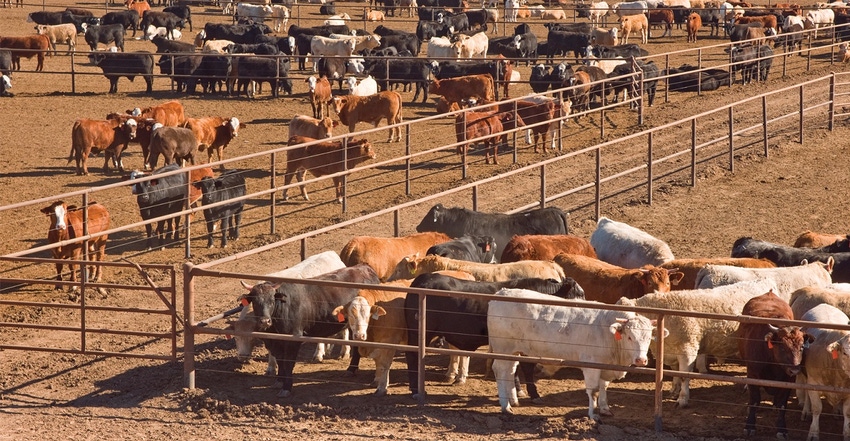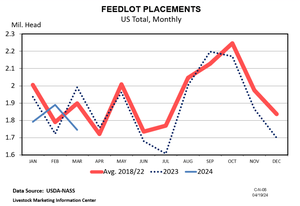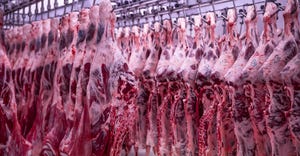Upcoming packer requirements for BQA training may spell opportunity for feedyard veterinarians.

New demands for cattle feeders to use Beef Quality Assurance training could help you build relationships with your clients.
As you may have heard, by 2019 both Cargill and Tyson will require their purchased cattle to come from feedyards that have BQA certification in place. While many yards already have done so, those that don’t in the next few months will need to become certified and get this information to their cattle buyers or auction barns. Otherwise, they may miss out on bidders for their cattle.
Therefore, what can we as veterinarians do to help our clients avoid stalling the sale of their fat cattle because they aren’t BQA certified? Answering this question is not only an act of goodwill, it shows our clients we are on top of beef business trends, finding answers to their problems before they ask for solutions.
BQA certification options
Knowing the options for BQA certification allows you to guide clients down the path most appropriate for them. The options include online certification and in-person training. The online certification is ubiquitous across states, while how in-person training is conducted will vary state-by-state. Some states will allow veterinarians to become certified to be BQA trainers. Doing this would allow you to put on sessions for your clients at convenient times.
If your clients haul their cattle to the packer, they will also need BQA Transportation certification. This process can only be completed online. However, you can provide them with the information to access the online training portal.
Identify your cattle feeders
Armed with this information, next identify all the cattle feeders you service. While at first thought this is a simple process, it is eye opening how many of your cow-calf clients will finish their calves without you knowing it. Several of them do not use implants, rendering a search through the records for clients purchasing finishing implants incomplete. These farmer-feeders are also the most likely to miss the BQA memo, as they visit auction markets less frequently.
To identify our farmer-feeders, as they visit with you about fall shots ask them how they plan on marketing their calves. If they are thinking about finishing them, talk to them about the options for BQA certification. Some may prefer the flexibility of the online program, while others may rather take an evening to do the training in-person. Knowing where in-training certification programs will be held is critical. If you simply tell them they need it and don’t provide them with the information on how to become certified in person, they will leave your clinic more frustrated than informed.
Since you won’t always get the opportunity to talk in-person, use BQA as a topic in your clinic newsletter. In addition, place a flier in a prominent location in the clinic that brings attention to the topic. Lastly, make sure you have your front desk staff primed to engage producers in this conversation.
Promote with a positive outlook
While many producers will simply respond to the new BQA requirements with an “okay,” it is inevitable a few will grumble about the extra work. While it may be tempting to simply ignore the naysayers, I would recommend a different approach. Use this as an opportunity to extol the positive aspects of the BQA program as we will undoubtedly come under increasing scrutiny from our consumers going forward. Here are three points I like to make:
Beef Quality Assurance is a prime example of how cattle producers are responsive to our customers.
It is a tangible exhibit of our commitment to doing business the right way.
When the anti-agriculture groups drag our name through the mud, BQA gives us a concrete counter-point that we are the true stewards of our livestock and the land.
The BQA changes give veterinarians the chance to prove our mettle to our clients. Being on top of this situation on their behalf shows we are more than just an arm or a C-section machine, but rather an indispensable tool for their operation.
By being the first to let them know about these changes, and then being prepared to give them the solution, it shows we’re looking out for their best interests. This can give us inroads to being a greater part of their management team and not simply a service provider.
About the Author(s)
You May Also Like



